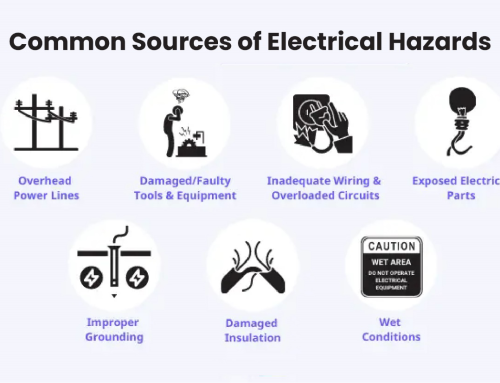It is imperative for employees and employers to know how to deal with excessive heat exposure in the workplace. Working in a hot environment constantly leads to many health issues, such as heat strokes, heat cramps, heat exhaustion, heat rashes, heat fatigue, and fainting.
Metal smelters, law enforcement workers, outdoor construction workers, plastic manufacturers, landscaping and recreation personnel, cooks, athletes and firefighters are all professions that require their workers to work in hot environments.
Employees in these professions are often made to work without any safety precautions and first aid training in the event of heat fatigue.
It is the employer’s duty to provide care and protection to all workers by undertaking safety precautions. In addition to complying with legal frameworks that protect workers, regulating morale and temperatures in the workplace also increases productivity. The following are some tips to beat the heat in the workplace:
Gradual Exposure
Human bodies can tolerate a considerable amount of heat exposure, but only if the exposure is limited or gradual. Gradual exposure will give the body time to become used to the higher temperatures. Workers who are new or are returning from time off will need some time to adjust to hot environments.
Employers also need to make sure that the workplace is well-ventilated and that there are no chances of suffocation.
Monitoring Thermal Comfort
If your team has been complaining increasingly about extreme temperature at the workplace, you need to somehow manage the temperature. There might be a fault in the heat source that you will have to fix in such cases.
Regulating Temperatures Through a Physical Intervention
If your workplace allows for it, consider installing an air conditioner or fans in the office. It is also a great idea to create a physical barrier between the heat source and your workers, so there are minimal physiological impacts.
Encouraging Worker to Stay Hydrated
Not consuming enough water before starting work and failing to consume enough salts while working will accelerate the process of dehydration. This will also lead to heat stress symptoms. A potential solution is to provide workers with access to drinking water.
First Aid Training For Heat Exhaustion
Teams that work in heat prone workplaces can develop a buddy system where they regularly check up on each other to make sure that they are doing fine. Workers in these places also need to know how to respond to any heat-related accidents such as dehydration, fainting and suffocation.
Metro Safety helps businesses uphold safety standards in the workplace by providing exceptional first aid training in Surrey, Coquitlam, Richmond and Vancouver in British Columbia. Get in touch with us to know more about our workplace safety courses!








